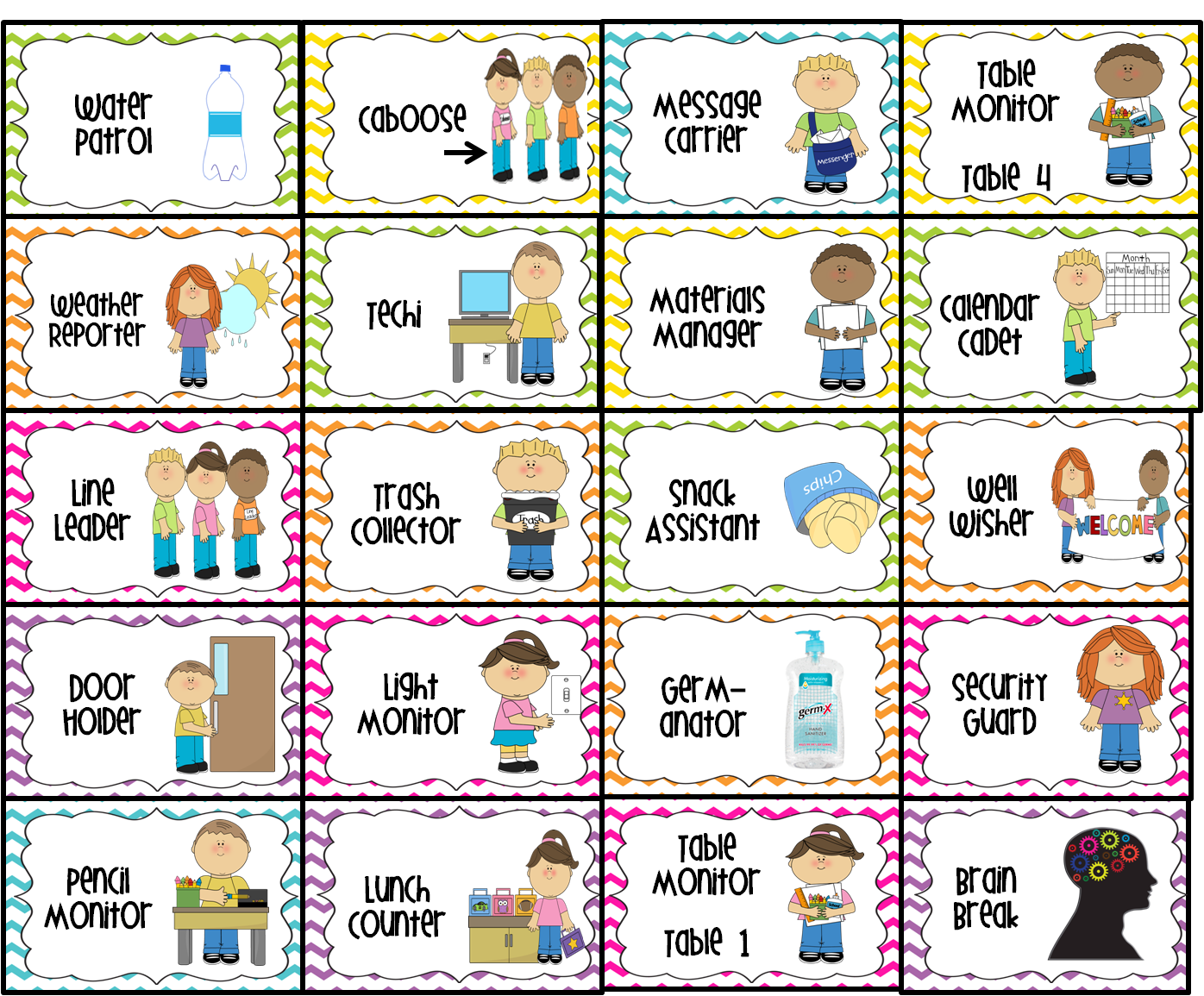The Importance of Classroom Jobs

In a well-organized classroom, assigning students various classroom jobs can have a significant impact on both the teacher and the students. Classroom jobs not only help with the management of the classroom but also promote a sense of responsibility and ownership among the students. By assigning specific tasks to students, teachers can create a structured and efficient learning environment.
Benefits for Students

Engaging students in classroom jobs provides them with numerous benefits. Firstly, it helps them develop a sense of responsibility and accountability. By taking ownership of their assigned tasks, students learn the importance of fulfilling their duties and deadlines. Additionally, classroom jobs allow students to develop essential life skills such as organization, time management, and teamwork.
Benefits for Teachers

For teachers, implementing classroom jobs can significantly lighten their workload. Delegating certain responsibilities to students frees up time for teachers to focus on instruction and individual support. Moreover, classroom jobs promote a sense of community within the classroom, as students work together towards a common goal. This collaborative environment enhances student-teacher relationships and fosters a positive learning atmosphere.
Examples of Classroom Jobs

There are a variety of classroom jobs that can be assigned to students, depending on the grade level and classroom needs. Some examples of common classroom jobs include:
- Line Leader: responsible for leading the line during transitions
- Door Holder: holds the door open for classmates
- Class Librarian: organizes and maintains the classroom library
- Paper Monitor: collects and distributes papers
- Calendar Helper: updates the classroom calendar
- Classroom Cleaner: ensures the classroom is kept tidy
Implementing Classroom Jobs

When implementing classroom jobs, it is important for teachers to establish clear expectations and guidelines. Teachers should explain the responsibilities and requirements of each job and provide proper training if necessary. Additionally, rotating jobs periodically ensures that all students have an opportunity to experience different roles and responsibilities.
Encouraging Student Engagement

To maximize the benefits of classroom jobs, teachers can foster student engagement by allowing students to choose their desired jobs. By giving students a sense of autonomy, they are more likely to take ownership of their tasks and feel motivated to perform well. Teachers can also recognize and reward students for their efforts, which further encourages active participation.
Conclusion
Implementing classroom jobs in a relaxed English language classroom not only aids in classroom management but also promotes essential life skills and a sense of responsibility among students. By delegating certain tasks to students and fostering a collaborative environment, teachers can create a positive and efficient learning environment. With clear expectations and proper training, classroom jobs can be successfully integrated into any classroom, benefiting both teachers and students.